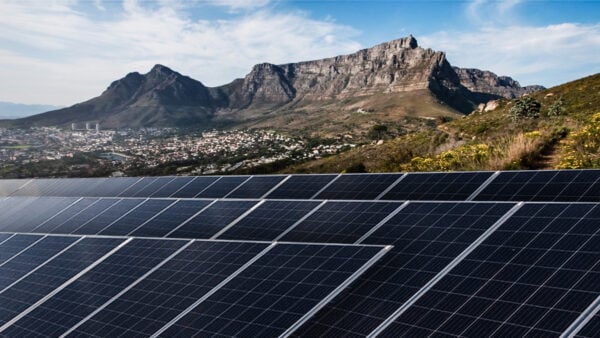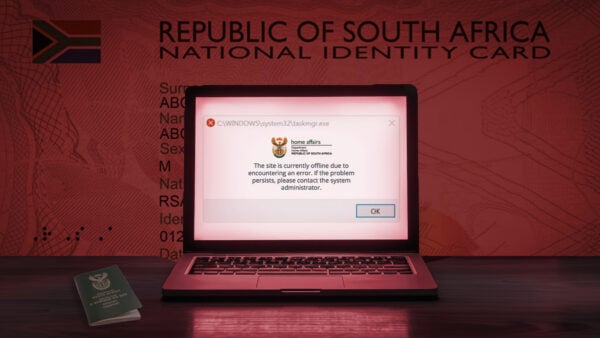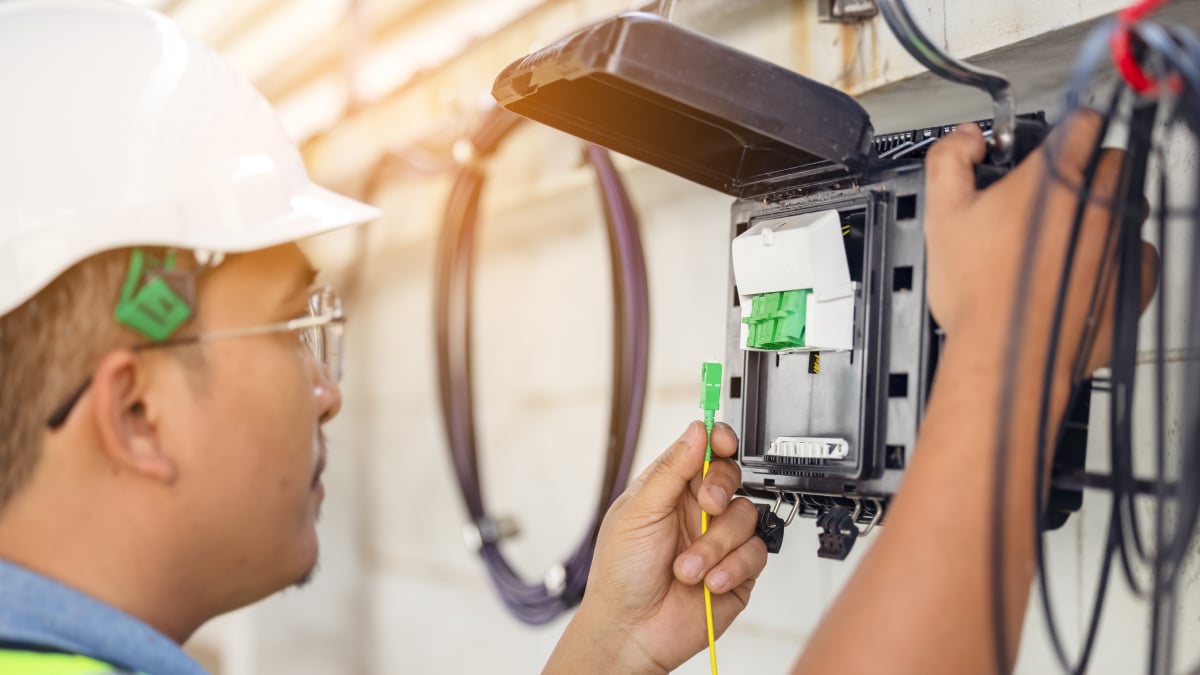Maximum damage to South Africa’s fibre industry
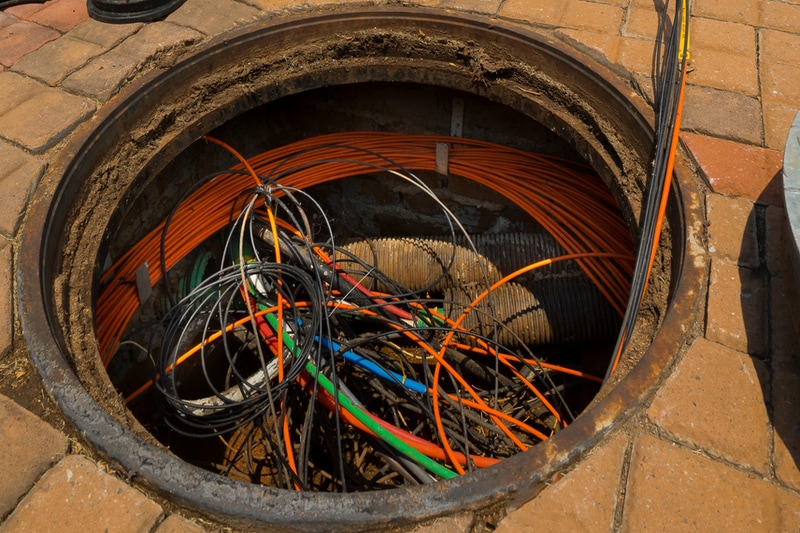
South Africa’s competition authority has inflicted untold damage on South Africa’s fibre industry through its mishandling of Vodacom’s proposed acquisition of a 30% stake in Maziv, the parent company of Vumatel and Dark Fibre Africa (DFA).
The process was plagued by delays from start to finish, which had a chilling effect on new fibre builds in South Africa and raised serious concerns for foreign investors.
Vodacom first announced in November 2021 that it had entered into a deal to buy a stake in Vumatel and DFA’s parent company. It took nearly three years for the Competition Tribunal to deliver its ruling, which has significant repercussions for big business and investment in South Africa.
The delays began at the Competition Commission, which had back-and-forth negotiations with the parties for 20 months that culminated in a host of conditions that would be attached to the deal, only to reject it.
The Competition Commission recommended to the Tribunal in August 2023 that the transaction be prohibited.
This began another lengthy process with the Tribunal. It eventually set dates to conduct extensive public hearings that ran from May 2024 until the end of September. It held by the Commission’s recommendation and rejected the transaction in October 2024.
It then took almost another five months for the Tribunal to release its full reasons for rejecting the transaction, holding up the appeals process.
Vodacom, Maziv, and the government itself indicated that they want to launch an appeal against the Tribunal’s decision.
Under its governing law, the Tribunal was supposed to issue its reasons within 20 business days. However, the watchdog said it was impossible to deliver its full report within the prescribed deadline due to the complexity of the matter.
It explained that the merger record comprises at least 21,944 pages, with the trial bundle consisting of some 14,307 pages, excluding other annexures and heads of argument.
Three years and four months is an extremely long time in business, and the consequences of South Africa’s competition authorities taking so long has been significant.
Firstly, new fibre deployments in South Africa have all but frozen as companies waited to see what the Tribunal’s decision would be.
With the deal rejected and pending appeal, many rollout plans remain in limbo. Companies are afraid their potential future deals will also be blocked.
Currently, the only major fibre network operator in South Africa that is still rolling out at any pace is Telkom-owned Openserve, the country’s former state-sanctioned fixed-line monopoly.
The stalling of new fibre builds has had a ripple effect on downstream suppliers too. With fewer new builds, there is less work for various contractors and equipment suppliers.
Another group badly impacted by the delay is the low-income communities that have been denied timely access to fibre broadband services.
While a few smaller players are trying to roll out township fibre broadband networks, Vumatel and Herotel want to do it at scale.
However, lack of capital means these rollouts had to slow to a crawl.
Remgro CEO Jannie Durand revealed in October last year that, had the Vodacom-Maziv deal been approved 18 months earlier, they would have already invested an additional R3 billion to R4 billion in fibre networks — most of that in townships.
Remgro owns 57% of of Community Investment Ventures Holdings (CIVH), which owns Vodacom and DFA. Maziv is a subsidiary of CIVH and houses Vumatel and DFA’s fibre assets.
Maziv was set up to facilitate the transaction, as Vodacom would contribute its fibre assets, valued at R4 billion, as part of the deal. Under the terms of the deal, Maziv would immediately make Vodacom’s fibre infrastructure open access.
Complete renegotiation of the deal

In addition to the impact on suppliers and consumers, the long delays are also a red flag to investors who are deciding where to put their money.
A clear example of this came from Remgro’s head of strategic investments, Pieter Uys, who recently answered questions at their interim results presentation about extending the deal’s long-stop date until after the Competition Appeal Court hearing.
Uys said they had to adjust the terms of the deal with Vodacom several times and will now have to renegotiate it completely.
“Back in 2021, the valuation was based on a declining Ebitda multiple that extended until the end of March 2023,” Uys explained. Ebitda is earnings before interest, taxation, depreciation, and amortisation.
“That mechanism had no future past that date, and we revisited the terms. We then agreed on an escalating fixed valuation from April 2023. The intention then was to escalate it for about 6 to 9 months.”
Uys said they were confident they would know whether they had a deal by January 2024.
“But now it is another another 9 months after that date, and it is time to review it again,” he said.
“So we are considering a completely different way of looking at the valuation because everything that we agreed three years ago is irrelevant today.”
Uys said that Vodacom’s investment in the company will remain at least R6 billion cash, together with its fibre assets.
Several rounds of renegotiations like this would be a death knell for many other deals.
Red flags to investors
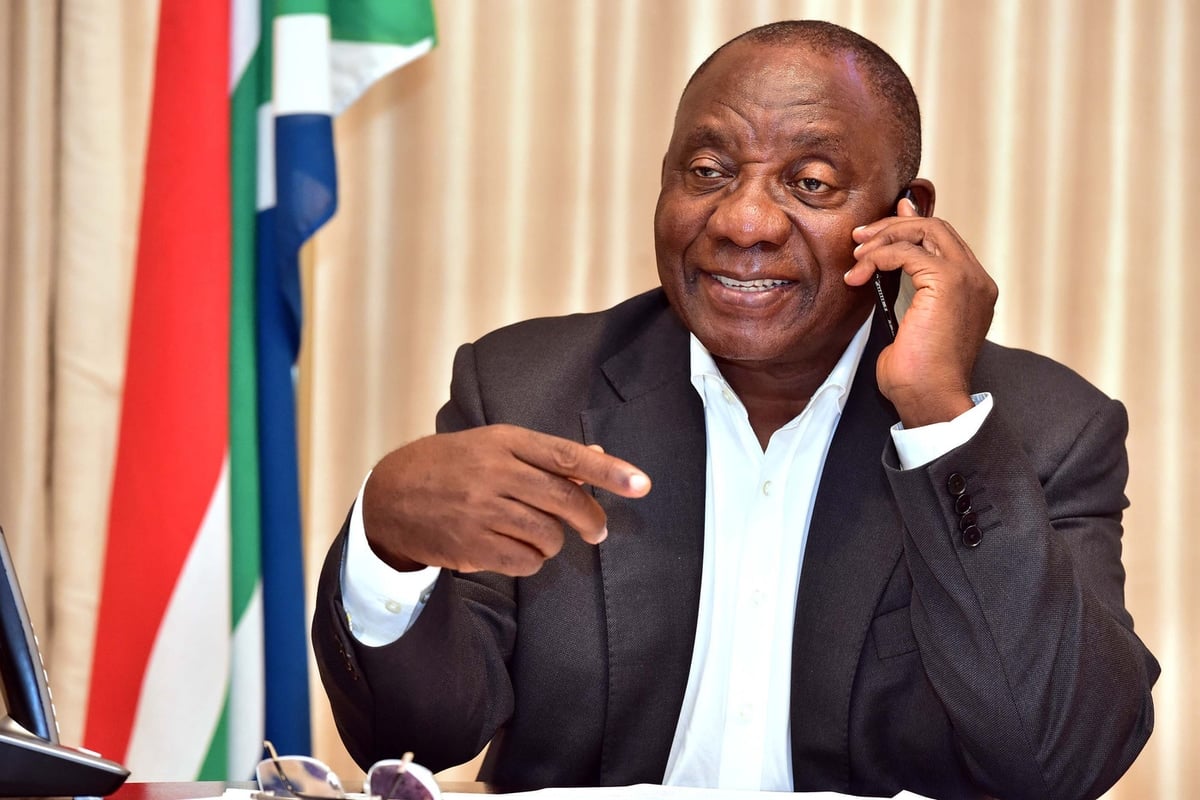
Such long lead times for deal approvals, combined with the Tribunal rejecting the transaction and then taking over four months to issue its reasons, raise major red flags to foreign investors considering South Africa.
“It’s become a real concern, particularly for these large corporates and these megadeals,” Deal Leaders International CEO Andrew Bahlmann recently said with respect to the Vodacom-Maziv transaction.
“We’ve got to realise that if you’ve got large businesses the only way for them typically to grow is to consolidate or acquire other businesses. That’s the only way efficiencies can be passed on to the consumer,” Bahlmann explained.
“I do worry that if you take that with all the other risk elements in this part of the world, international investors may see it as an added hurdle in concluding a deal and deploy capital elsewhere.”
Vodacom is a good example of this. Many South Africans may not realise that although Vodacom is headquartered locally and listed on the JSE, it is a multinational company.
When selecting where to invest for its future growth, it does not need to limit itself to South Africa.
Having burnt its fingers multiple times at the Competition Tribunal, Vodacom may decide it would be in its best interests to instead invest more in Egypt or Kenya than continue banging its head against a wall in its home country.
This has repercussions for President Cyril Ramaphosa’s drive for the private sector to invest R2 trillion in South Africa by 2028. Vodacom pledged to invest R60 billion over five years at the President’s Investment Conference in April 2023.
While Ramaphosa tells businesses that “South Africa is open for business,” the competition authority’s message is “not so fast”.
The Competition Commission welcomed blocking a deal which would have pumped billions into South Africa, created thousands of jobs, and bolstered the economy.
The Commission and Tribunal may also drag the process out for years, causing additional damage to those who want to invest.
It sends a clear message that big deals, which the South African economy desperately needs, are at significant risk of being delayed at best or blocked at worst.
While the Minister of Trade, Industry, and Competition, Parks Tau, has previously indicated that he could join Vodacom and Maziv in challenging the Competition Tribunal’s ruling, this can unfortunately not undo the damage that has already been done.


